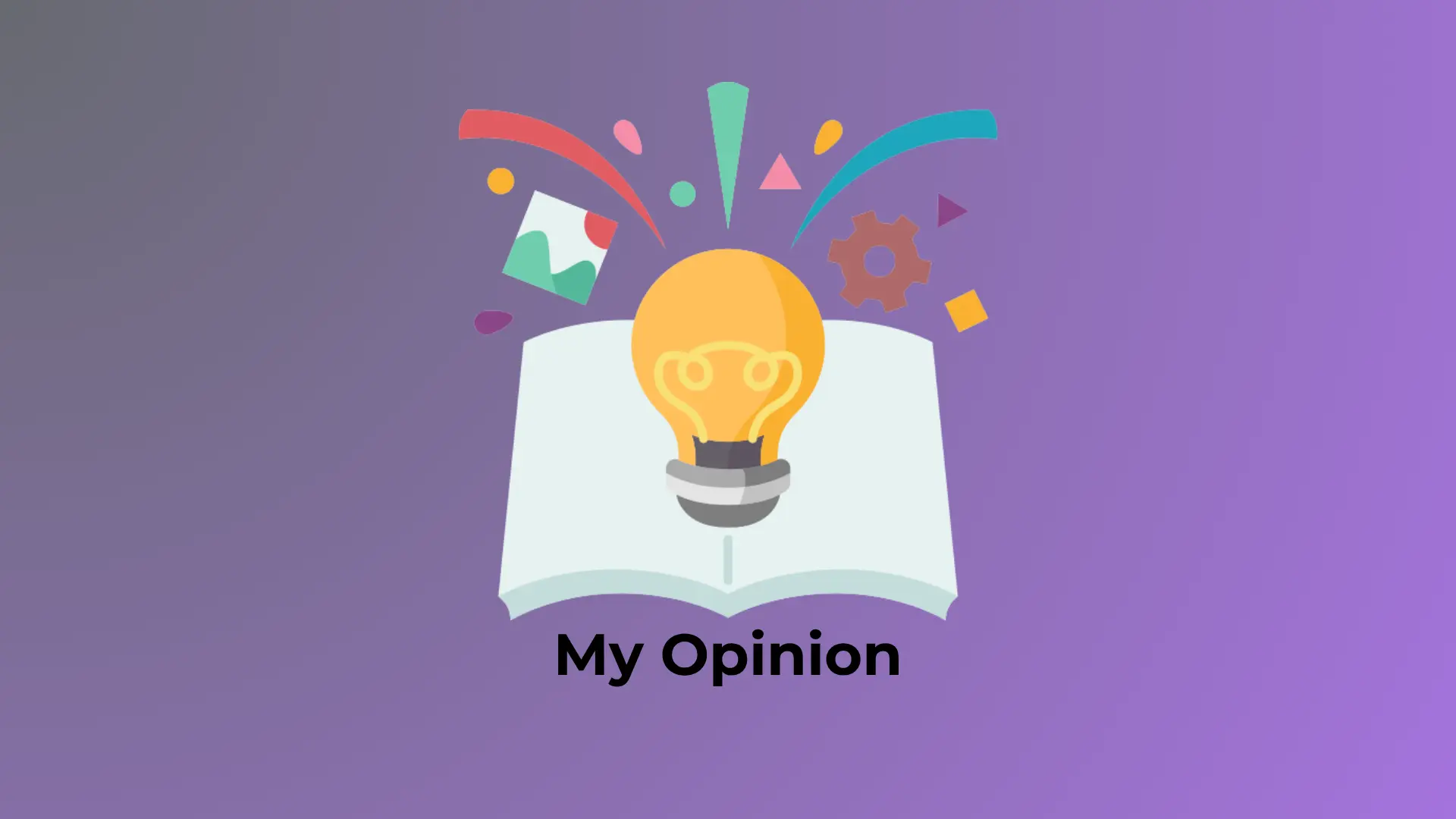
Did ChatGPT Stumble, or Was It Pushed?
Disclaimer: This is an opinion piece. It's based on the events of June 10th, 2025, and a healthy dose of industry skepticism.
So, ChatGPT went down. For hours, the AI darling that dictates workflows and finishes our sentences was on its knees. The official line from OpenAI was the predictable corporate-speak of "investigating elevated error rates." The unofficial reaction from the rest of the world was a mix of raw frustration and panic.
But as the dust settles, we have to ask the uncomfortable question: Accident? Or the most brilliant, if cynical, viral marketing campaign of the year?
Call me a cynic, but the timing is just too perfect. For months, the tech world has been buzzing with rumors of GPT-5, the mythical successor poised to redefine AI once again. OpenAI has been uncharacteristically quiet. Then, suddenly, at the height of our collective dependence, the plug gets pulled. The entire digital world is reminded in the most brutal way possible of who holds the power.
Let's consider two possibilities.
First, let's take the official story at face value: it was a massive, unforeseen technical failure. If that's the case, it’s a terrifying glimpse into the fragility of our new AI-powered world. We have outsourced a significant chunk of our productivity and creativity to a single company, creating a monolithic point of failure. The outage wasn't just an inconvenience; it was a global work stoppage for countless individuals and businesses. It proves that by placing all our bets on one dominant player, we've set ourselves up for disaster.
Now for the more provocative theory. What if this "outage" was, in fact, a calculated move? What if, to train the behemoth that will be GPT-5, OpenAI had to divert so much power that it knowingly starved its public-facing services?
If so, it’s a masterstroke of psychological marketing.
First, you create scarcity. By taking the tool away, you amplify its perceived value a hundredfold. The online chatter wasn't just "ChatGPT is slow"; it was "I can't work," "My project is stalled," "How did we function before this?"
Second, you manufacture demand for the solution. When the service returns, battered and bruised, the stage is perfectly set for the grand entrance of its savior: GPT-5, promising more power, more speed, and, crucially, more stability. The brief chaos of the outage becomes the number one reason to upgrade. It's a classic "you don't know what you've got 'til it's gone" play on a global scale.
Whether by accident or by design, the outcome is the same: OpenAI has flexed its muscles, reminded us of our dependence, and perfectly primed the market for its next big thing. The rest of us should take this as a wake-up call. The AI ecosystem is bigger than one company. It's time to seriously explore the alternatives-Claude, Gemini, and the host of open-source models-not just as backups, but as essential parts of our toolkit.
Because banking our future on a single, all-powerful entity isn't just risky. As today proved, it's reckless.